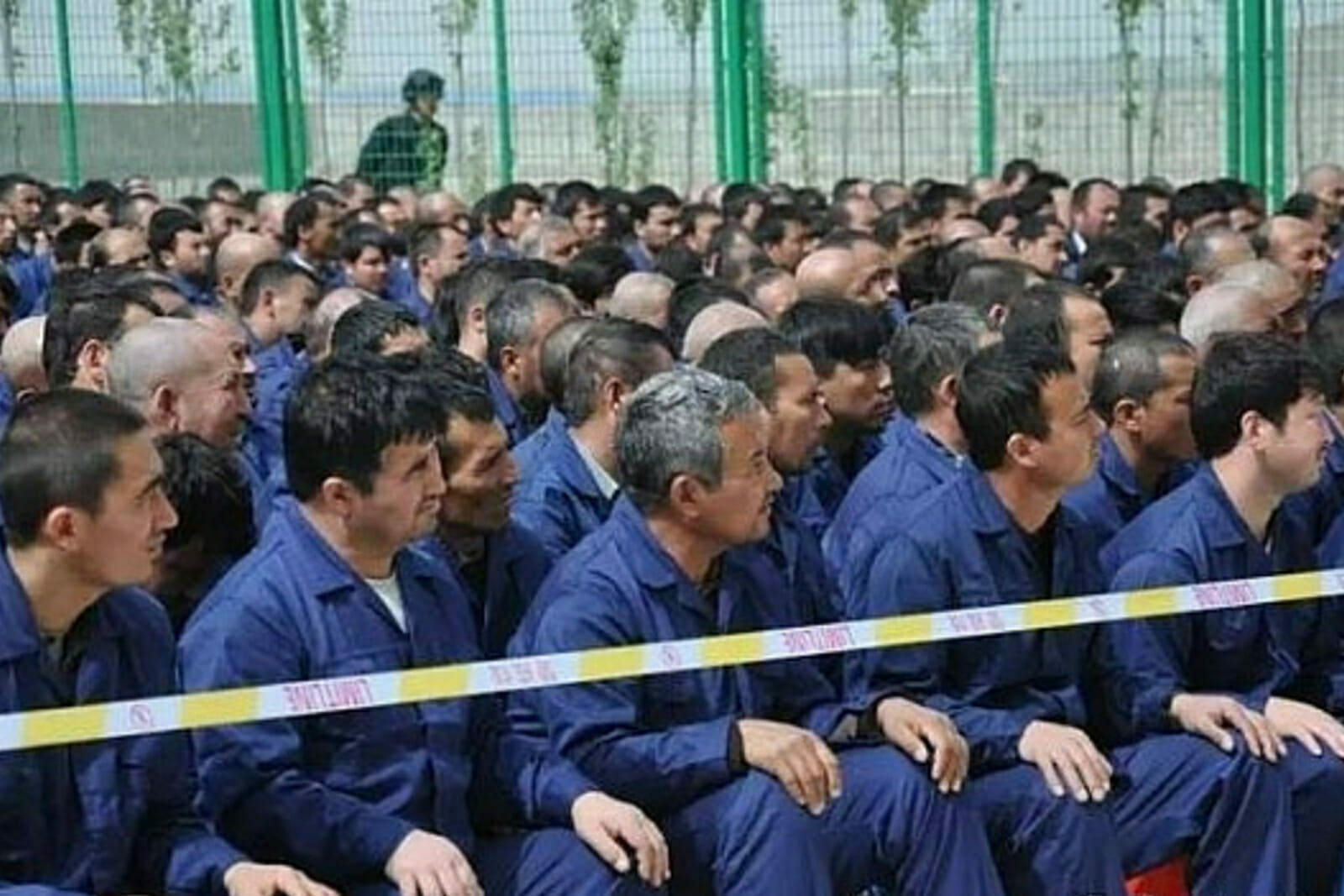
The Fate of the Uyghurs is in Our Hands
The Chinese government is systematically suppressing Uyghurs and their ethnic identities in the name of fighting terrorism. Its atrocities include, and are not limited to, arbitrary internment of between 1 to 3 million people in concentration camps, widespread political indoctrination, enforced disappearances, destruction of cultural sites, coerced labor, and forced population control.
Nothing can justify this cultural genocide. However, standing up against a rising global power is not a one-man job. This issue will continue to persist and probably worsen unless there is collective international action. Global activism has the potential to make this stop. People need to unite and stand against human rights abuses. Governments and international organizations need to step up and take action. Ultimately, the economic hit and political pressure on China will force it to stop this mass atrocity.
Despite their increasing awareness, governments are reluctant to take a stand due to China’s expanding global influence. Through the Belt and Road Initiative, China has bought the silence and, in many instances, the support of countries through loans and infrastructure contracts. Liberal democracies like the United States, Japan, and Australia have called out China but not yet taken significant action, mainly because damaging ties with China will equally hurt their economies. With no significant action, there will be no significant effect.
Grassroots activism is particularly effective because it takes place away from the realms of politics. It starts and gains support from people who feel strongly about a cause and actively try to make a difference. From civil rights activism to the campaigns for nuclear disarmament, grassroots activism is the reason for many of the changes we now witness in the world. Movements like #MeToo and Black Lives Matter show how the digital age opens doors to new ways to advocate. Social media amplify voices, rapidly spread information, and increase collaboration across diverse groups of people. Here is how we can leverage that to bring change.
Demand action. While a government may control the politics of a country, it still has to appeal to its people. Likewise, international organizations like the United Nations are responsible for promoting peace among nations and equality among people. When ordinary citizens start asking questions, neither governments nor international agencies can remain silent. These voices will ultimately lead to policy changes, increased scrutiny of the situation, and allocation of funds for the cause of Uyghurs.
Demand a boycott. A widespread ban on purchases from companies known to have been profiting from coerced Uyghur labor will make a difference. The Australian Strategic Policy Institute (ASPI) last year published a list of 83 international retailers that had ties to factories in Xinjiang through their supply chains. What makes this boycott specifically difficult is the list includes top brands like Apple, Amazon, Samsung, and Google. For a greater effect, we need not only greater awareness but greater support. And this is possible now more than ever. Here again, the power of technology enables us to cooperate and demand change on a global scale.
Drawing the attention of governments and international organizations to the issue and threatening China’s economic position can be the potential consequences of this grassroots approach. It will take time, but change does not happen overnight. If we never start, it will never end. The power we collectively hold is stronger than any force. In a time where millions of people around the world are deprived of the most basic human dignity, it is up to us to be a voice for the voiceless. We can restore freedom for the Uyghur people.
